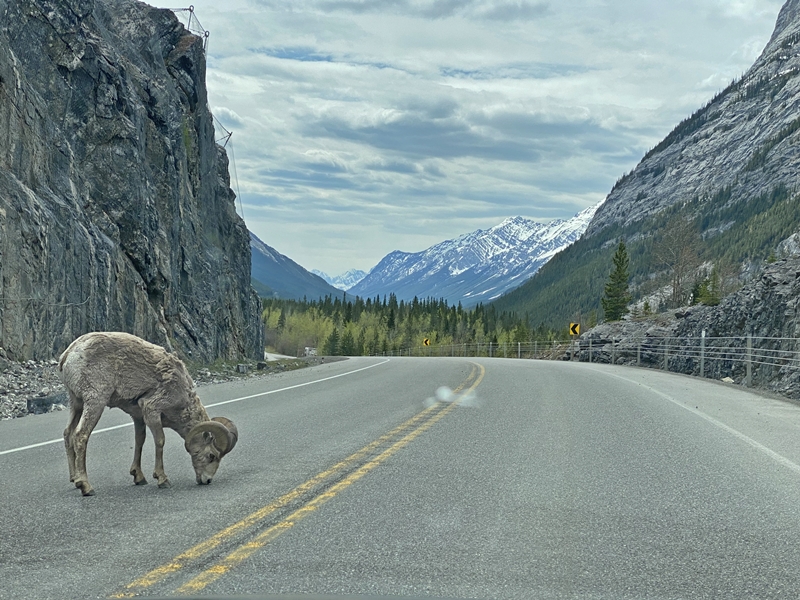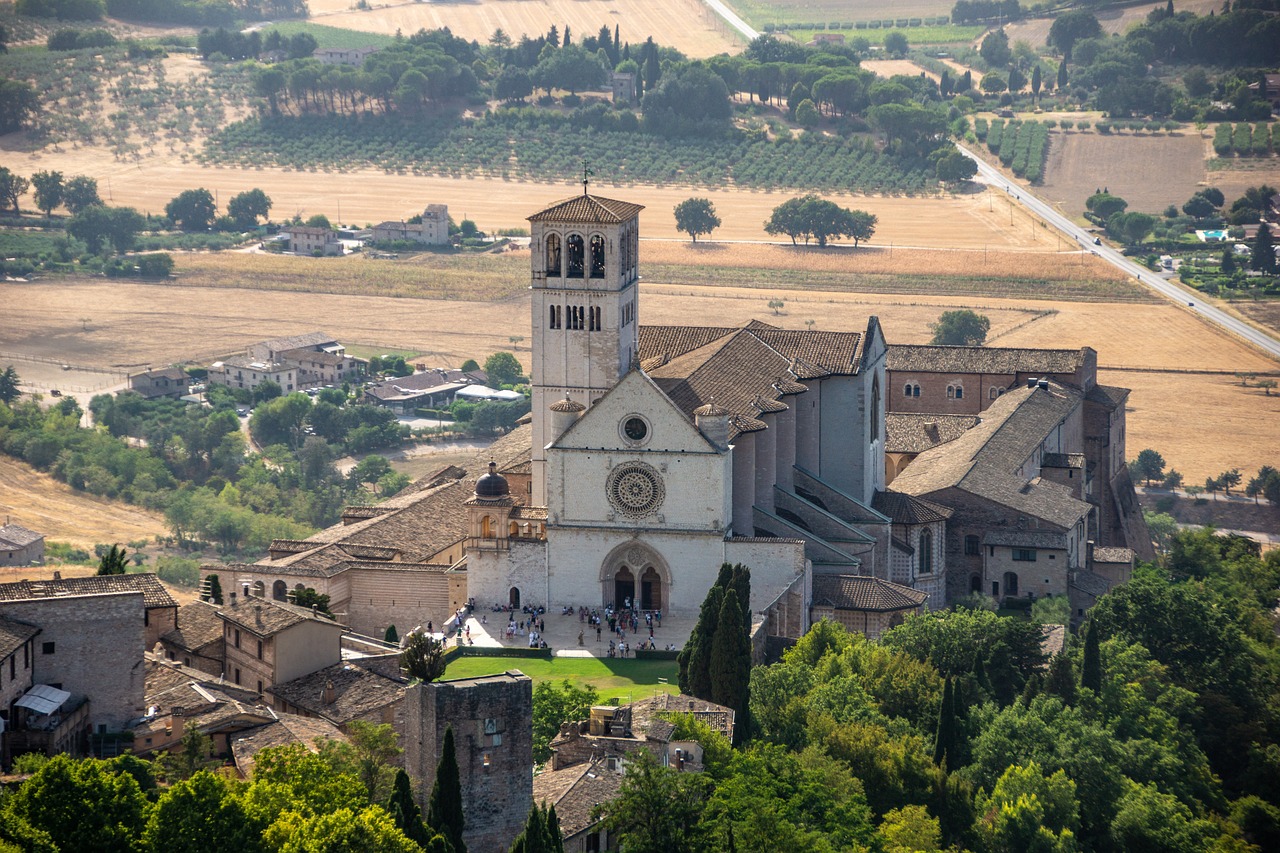Whether we are a sheep or a goat, whether we flip between the two identities or whether the fusion of the two has been completed and we are released from worrying about it, there are always surprises leaping out of unexpected places. Something is always coming round the corner. Until the integration of the personality has happened – the harmonisation of mind and heart and everything in between – we may fear the unexpected, even live in a state of incessant anxiety or hidden dread. But gradually the peace of the harmony of order proves stronger than fear which is ever rooted in the constant change which reminds us uncomfortably of our mortality.
This is already beginning to sound abstract, even preachy. Stories are more effective in getting certain truths across and discovering more even than the storyteller understood. Good stories, like creation myths, at first seem self-contained with a beginning, a middle and end. In fact, they emerge from a swirling cauldron of ancestral imagination. Literary theorists argue about how many basic plots there are: seven (of course) or up to thirty-six. However, if you’re listening to a story wondering about which category it belongs to, then it probably isn’t a very good one. Good stories persuade us they are unique.
Many of the greatest stories and the big questions they contain deal with the origin and meaning of suffering. God’s reputation hangs on this question. Nietzsche thought that to live is to suffer and that to survive is to find meaning in it. A neat answer but maybe too neat. The Hebrew creation narrative (Genesis 1-3) tells a timeless story. The first home of the childhood of humanity was a garden with beautiful fruit trees and our first parents could eat what they liked except the fruit of the tree of the knowledge of good and evil. They disobeyed because the Woman, as usual smarter than her mate, thought ‘well, why not?’. The result was expulsion from Eden and a life of suffering ending in death.
The biblical story doesn’t bewail this as later Christian commentators did when they called it the Fall, blamed the Woman and saw suffering as punishment. Not so the wise Hebrews, who agreed with Eve and saw the story not as terrible disobedience but simply about growing up and discovering what the world out there is really like.
Enter ‘Yetzer Hara’ in the form of the serpent who is cast as the devil in Christian imagination. In Chinese myth it becomes a dragon, symbol of power, strength and good luck. The array of stories of human wrongdoing in the Bible recognise there is something in us that does often wilfully choose the bad over the good. It seems the decision to invade Ukraine was simmering and finding self-justification in Mr Putin’s mind for many years. Nevertheless, remember the destiny of sheep and goats. The Bible never dreams about going back to Eden. What’s coming round the corner is a new future.
Jewish commentators turn the creation narrative into high art by naughtily saying that the Yetzer Hara, the cause of disobedience, was purposefully created by God and inserted in the human psyche. Otherwise, God would always know everything that was going to happen: and how eternally boring that would be for Him. Now, doesn’t that make God a more interesting character and make us feel better about being a goat?







